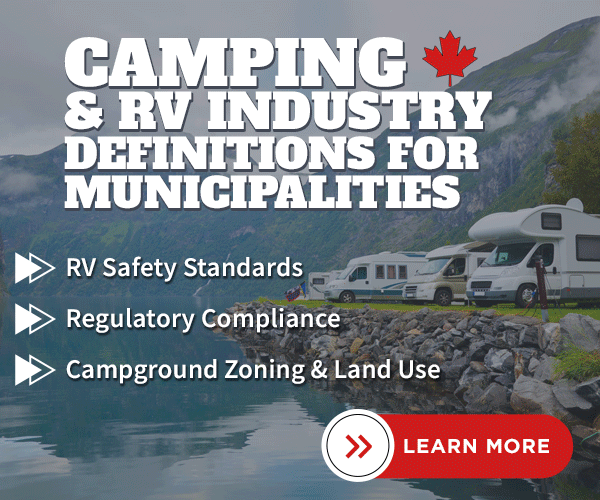- Reduce service and product costs through efficiencies
- Drive low carbon economies
- Create jobs by growing local and small business sectors
- Expand and strengthen social enterprises
- Eliminate waste
- Minimize liability
- Simplify asset management
Circular procurement is a practice that will advance the circular economy, which focuses on the full value of goods, services, public works, and infrastructure investments. It also has the potential to fulfill economic (cost savings), environmental (low-carbon; waste reduction), and socio-economic (social enterprise; unique public and private partnership) interests simultaneously.
To advance the circular economy domestically, the Circular Procurement Summit features experts from around the world that recognize the strength and value of purchasing power to change markets, along with Canadian representatives from all levels of governments and their agencies, as well as suppliers and vendors, to share knowledge and resources, showcase best practices, and network.
Over three days attendees will expand their knowledge and proficiency:
- Awareness of the circular economy and circular procurement: how it supports public policy objectives
- Understanding international trade obligations and transitioning to circular procurement models
- Managing the shift from traditional procurement in government organizations, and engaging all aspects that influence public purchasing
- Putting concepts into practice and tracking results
- Integrating requirements: developing key performance indicators and evaluation matrices
- Engaging and educating vendors: procurement to transform business modeling, support access over ownership, and sharing economies











